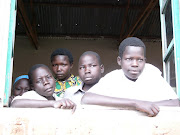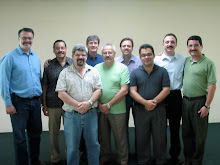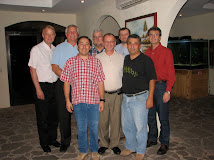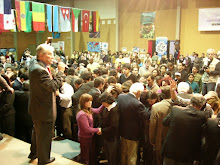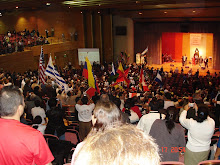CHALLENGE 2026: ADOPT THE BASQUE PEOPLE AND OTHER MINORITY LANGUAGE PEOPLES IN EUROPE 🌍
Hello, friends! 👋We wish you a wonderful year walking with Jesus ✝️ in 2026, and we want to share a challenge with you:
🙏 Adopt the Basque people—and other minority language peoples in Europe—to pray for and bless.
In the world of missions, little is said about these peoples, despite the great spiritual need that exists among them. Sadly, it is often assumed that because they live in countries with dominant languages, they do not need communities of faith in the language of their hearts ❤️🔥. However, many remain unreached peoples.
📖 God breaks our centralised thinking...
At Pentecost, the gospel was proclaimed in the languages of each people:
‘we hear them declaring the wonders of God in our own tongues!’ (Acts 2:11).
🔥 And Jesus himself said:
‘Let us go over to the other side’ (Mark 4:35). —and he did so to free a person who lived in a Gentile land.
❓ So the question is: Do you want to adopt a people who are often marginalised?
✉️ If you need information about the Basque people, you can write to us.
And if you would like to learn about other minority language peoples in Europe, we invite you to visit the website of the missionary organisation Linguae Christi, dedicated to sharing the Gospel in these languages.
🚶♂️ ‘Let us go over to the other side’
Blessings,
The Scott Rizzo Family
Linguae Christi website: https://linguaechristi.org/
🎥 Note: We would like to share a video (with English subtitles) that we made a few years ago about the mission in the minority languages of Europe.






























